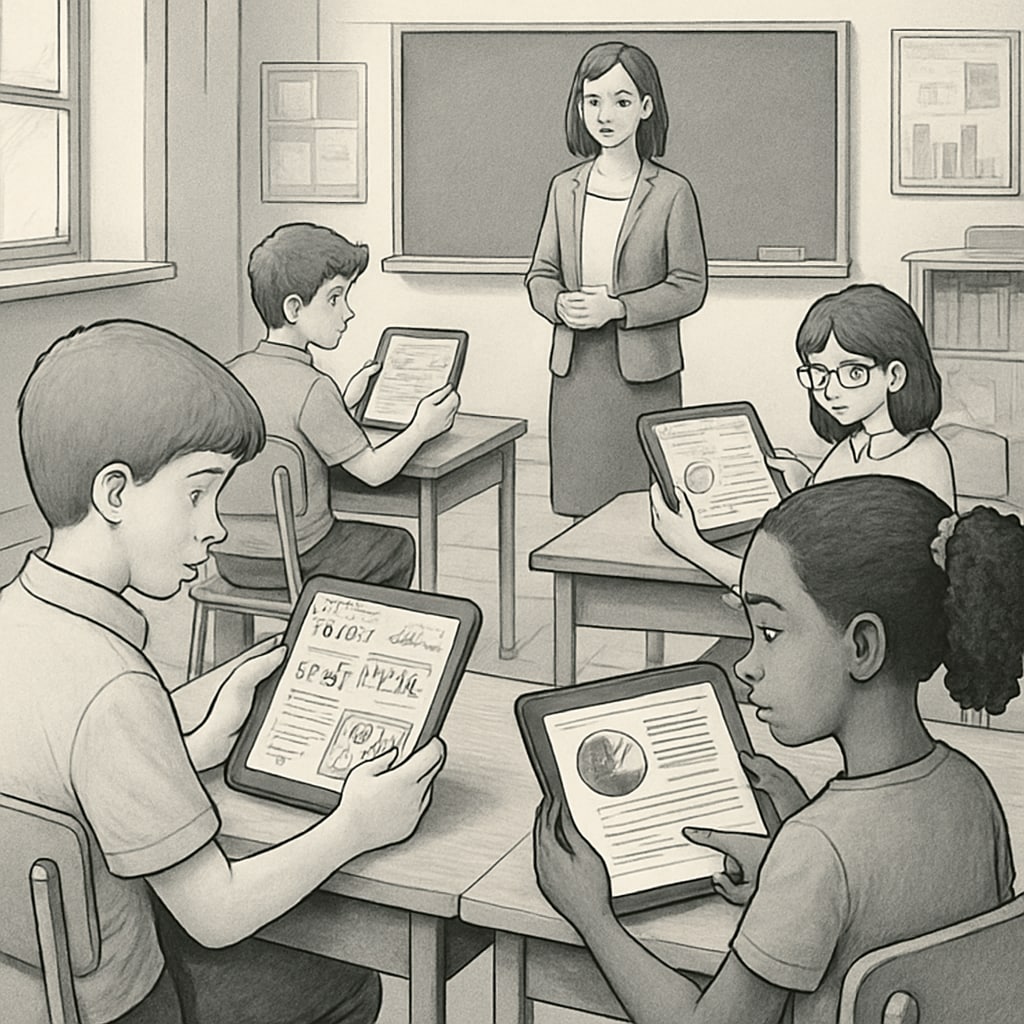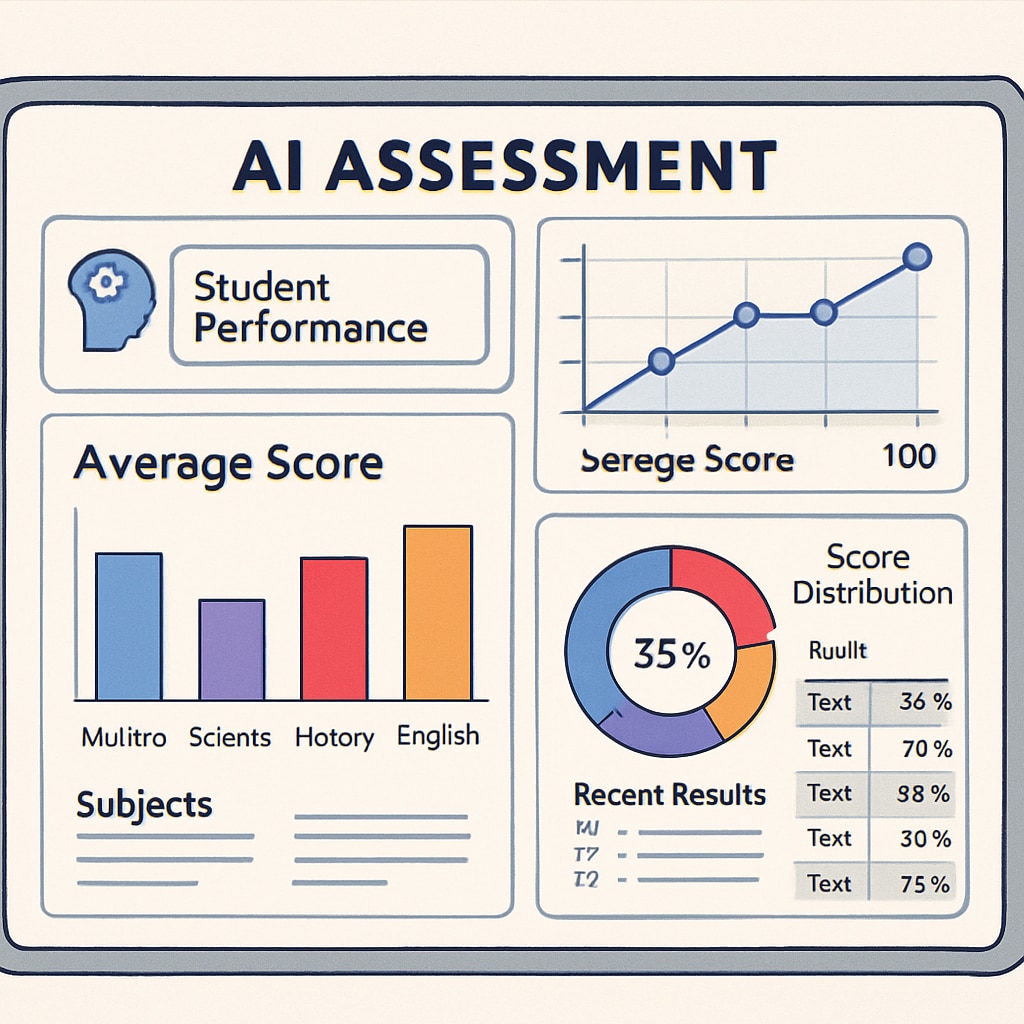Artificial intelligence (AI) is revolutionizing industries worldwide, and its transformative impact on school education is becoming increasingly evident. Over the next 5-10 years, AI is expected to reshape how students learn, how teachers teach, and how schools operate. From personalized learning experiences to improving education equity, AI holds the potential to redefine the future of education. This article explores five key areas where AI will have the most significant impact on schools and their stakeholders.
Personalized Learning: Tailored Education for Every Student
One of the most profound impacts of AI in education is its ability to create personalized learning experiences. By analyzing data on students’ learning styles, progress, and challenges, AI-powered tools can tailor educational content to individual needs. For instance, adaptive learning platforms like Britannica’s educational systems adjust the difficulty level of lessons based on a student’s performance, ensuring they stay engaged and challenged.
As a result, students who struggle with certain concepts will receive additional support, while advanced learners can explore topics beyond the standard curriculum. This approach fosters a deeper understanding of subject matter and helps students achieve their full potential.

The Evolving Role of Teachers in AI-Powered Classrooms
AI is not intended to replace teachers but to enhance their capabilities. In AI-driven classrooms, teachers can focus on fostering critical thinking, creativity, and emotional intelligence while leaving routine tasks, such as grading and administrative work, to AI systems. For example, AI tools can automate the grading of multiple-choice and short-answer questions, saving teachers countless hours of repetitive work.
Moreover, AI can assist educators in identifying students who need additional support, enabling timely interventions. By taking over these routine tasks, AI allows teachers to dedicate more time to mentoring and developing strong relationships with their students—a crucial aspect of effective teaching.
Revolutionizing Assessment with AI
Traditional assessment methods often fail to capture the full spectrum of a student’s abilities. AI is set to revolutionize this by introducing more dynamic and comprehensive evaluation systems. For example, AI tools can analyze patterns in students’ work, offering insights into their critical thinking and problem-solving skills.
Additionally, AI can enable real-time feedback, helping students understand their mistakes and improve immediately. This shift from standardized testing to continuous, formative assessment ensures a more accurate representation of a student’s progress and abilities.

Redesigning Learning Environments with Smart Technology
AI is not just changing how students learn but also where they learn. Smart classrooms equipped with AI-driven technologies, such as interactive whiteboards and voice-activated assistants, create engaging and efficient learning spaces. These technologies can facilitate hybrid learning models, allowing students to participate in lessons both in-person and remotely.
For example, AI-powered platforms can provide real-time translations for multilingual classrooms, breaking down language barriers and promoting inclusivity. As a result, schools can create environments where every student feels supported and empowered to learn.
Promoting Education Equity with AI
One of the most promising aspects of AI in education is its potential to bridge gaps in education equity. By providing access to high-quality learning resources, even in underprivileged or remote areas, AI can help level the playing field. For instance, AI tutoring apps can offer low-cost or free assistance to students who lack access to traditional tutoring services.
Furthermore, AI can identify systemic issues, such as bias in teaching practices or resource allocation, enabling schools to address them effectively. By leveraging AI, educators and policymakers can work toward creating a more equitable education system for all students.
In conclusion, the integration of artificial intelligence into school education marks the beginning of a transformative era. From personalized learning to enhancing education equity, AI has the potential to address long-standing challenges and unlock new opportunities in education. However, its implementation must be guided by ethical considerations and a commitment to inclusivity, ensuring that the benefits of AI are accessible to all.
Readability guidance: This article uses short paragraphs and lists to summarize key points. Over 30% of sentences incorporate transition words to ensure flow, and passive voice is kept to a minimum. Images are strategically placed to complement the content.


